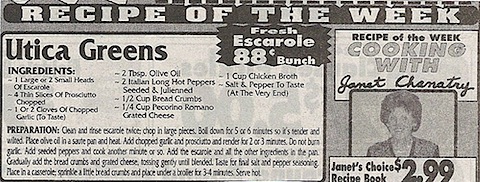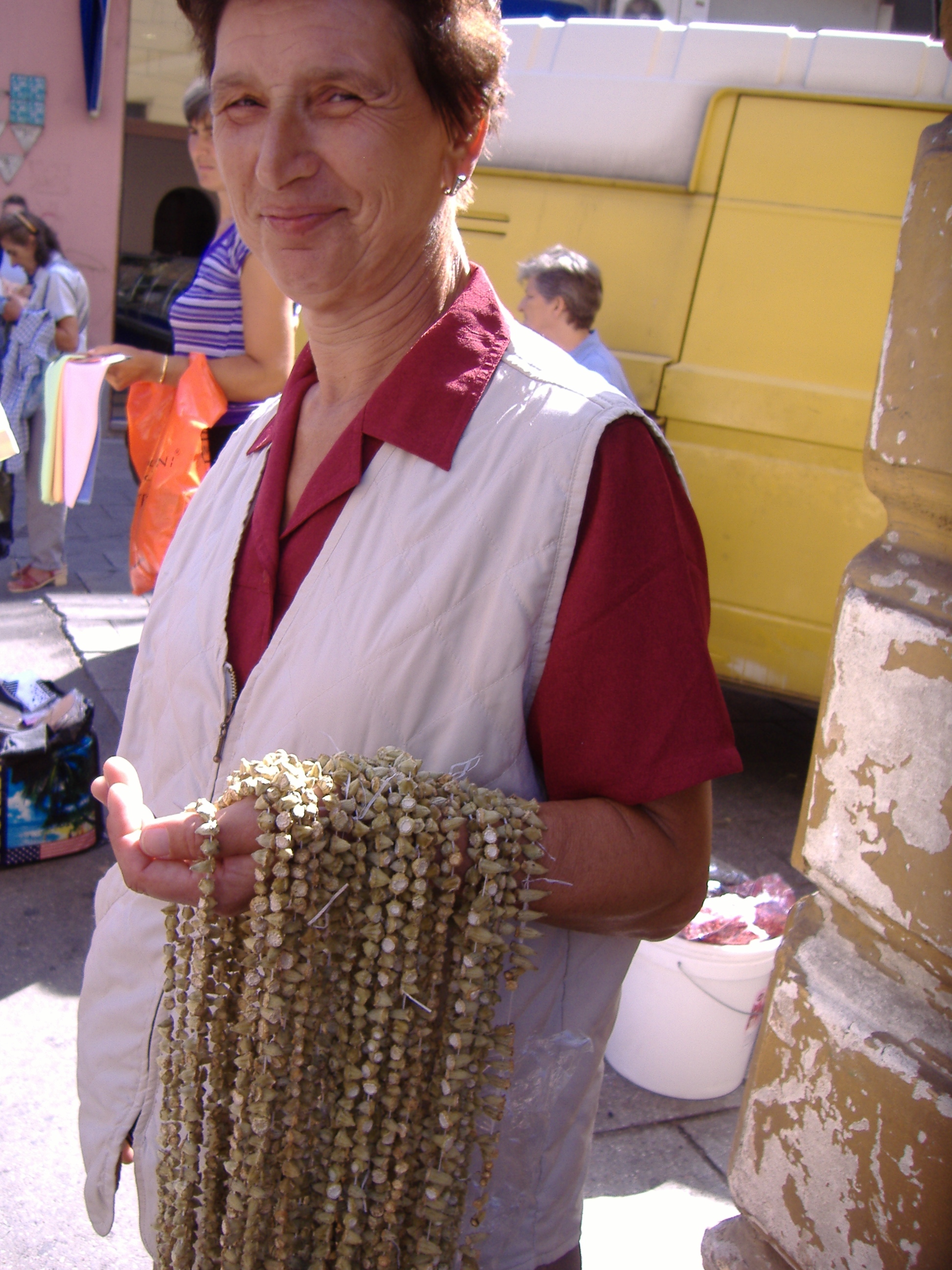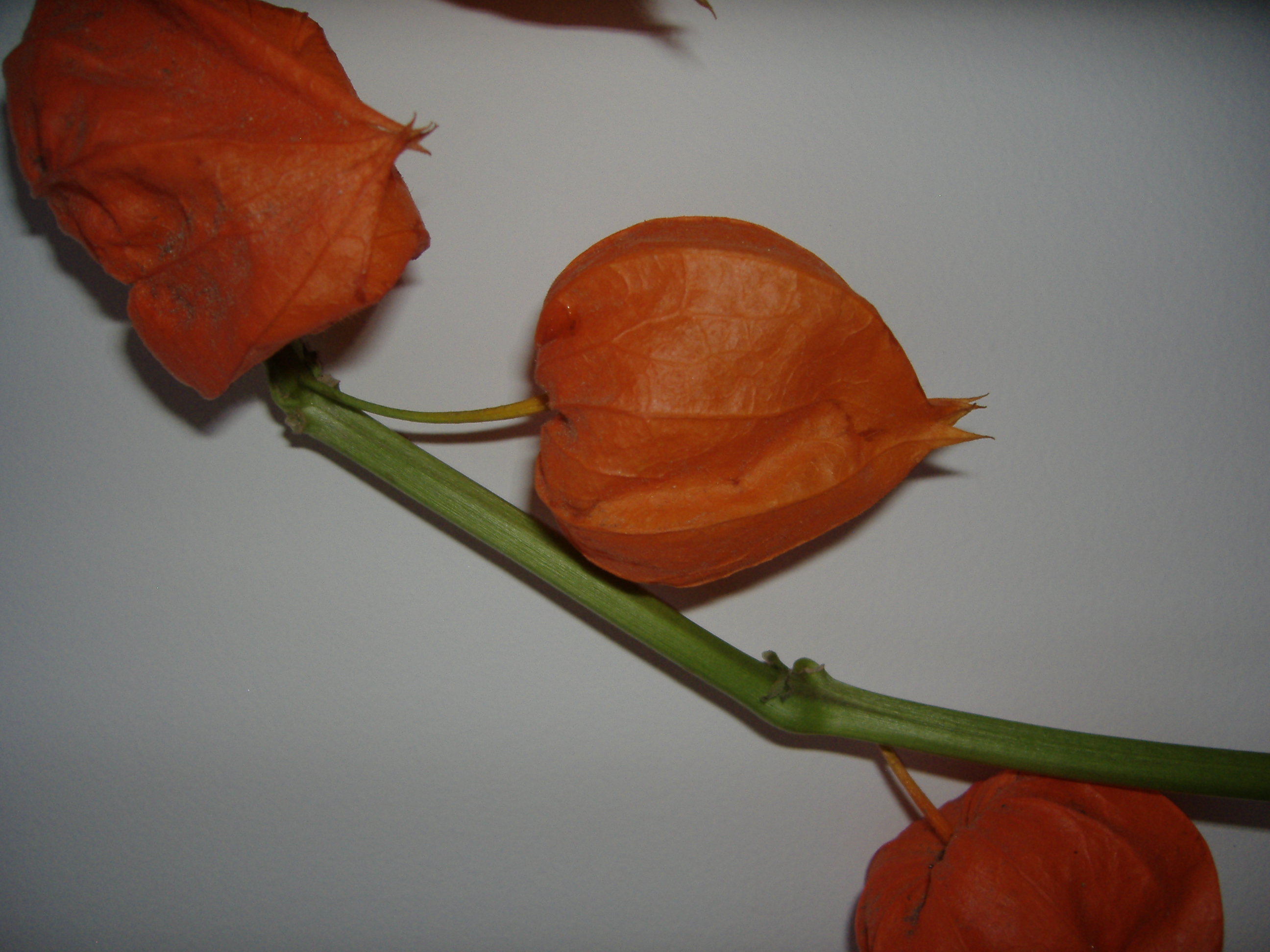Utica is a town in upper New York state where, some time ago, a dish called Utica Greens started appearing on the menu of Italian American restaurants and on home tables. How did it get there? Naomi Guttman and Roberta Krueger are telling us. Chefs say they invented it, and then households adopted it. Cooks say it was a home dish that chefs adopted.
Utica used to be an industrial powerhouse, with lots of Italians, then crashed, now growing again with new immigrants from Asia. The researchers started talking to old time Italians from the neighbourhood. Many were from Frosinone, south of Rome, and almost all had packed vegetable gardens behind their houses. They imported their food culture, with very strong connections between gardening and cooking. Old informants all talked about fried greens as a part of summer. For them, the dish went from table to restaurant. Some informants said that it went to the restaurants with the third generation immigrants, when the guys who played golf forgot how to cook, and their wives forgot how to cook, “they went to restaurants to eat what they remembered”.
The chefs had a different view. They said it started as a special, not on the menu, then appeared on on the menu at one restaurant, The Chesterfield. And from there, it spread.
‘Mkay.
The audience is saying that there’s nothing special about this recipe, and that everybody knows someone else in Italy who does this, or at least something similar …


